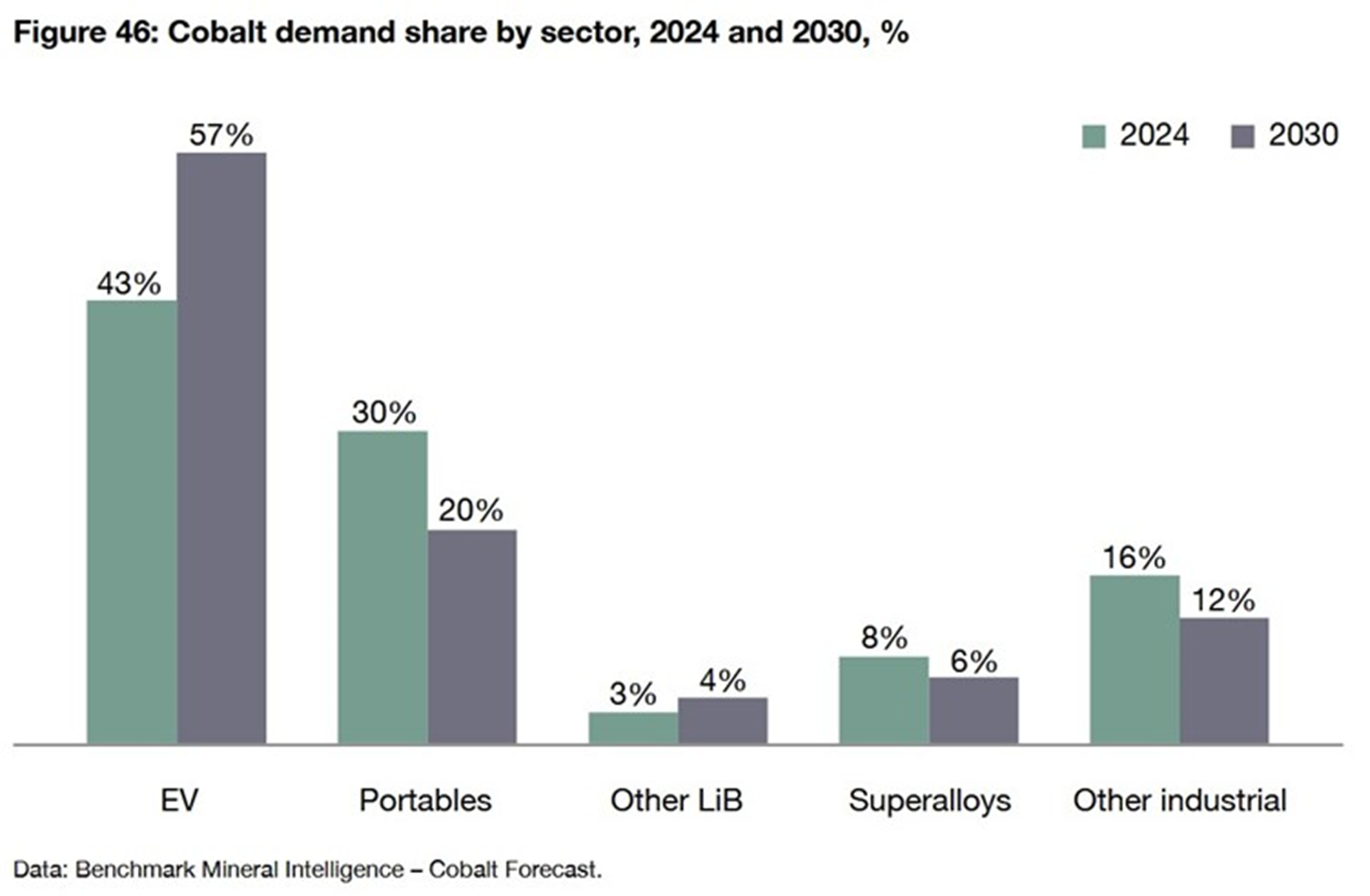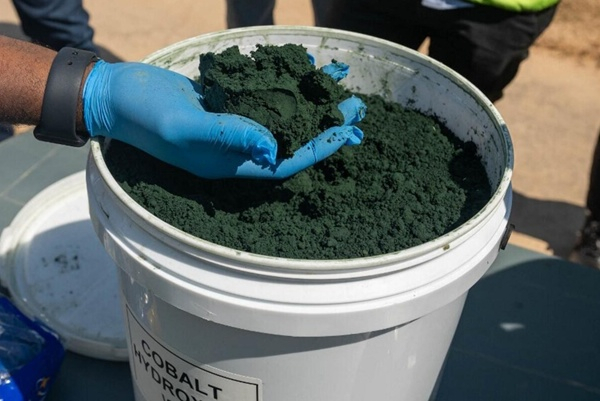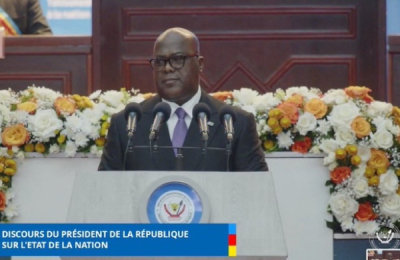The Democratic Republic of Congo (DR Congo) has extended its suspension of cobalt exports for another three months as part of efforts to stabilize the market. The decision was announced by the Regulatory Authority for Strategic Mineral Markets (Arecoms) in an official statement dated June 21, 2025.
The export ban, which first took effect on February 22, applies to all cobalt produced nationwide. This includes cobalt from industrial, semi-industrial, artisanal, and small-scale mining operations.
Arecoms stated that the decision is driven by persistently high stock levels in the market. Cobalt prices have also shown signs of weakness in recent weeks, falling from $33,700 per ton on June 2 to $33,250 by market close on June 20.
After the initial announcement of the export ban in February, cobalt prices jumped nearly 60 %, stabilizing around $33,700 per ton in April. Despite the recovery, prices remain well below the market peak of $82,000 per ton seen in 2022.

Arecoms noted that the suspension could be extended, adjusted, or lifted at any time, though no specific price target has been set. What is known is that the Congolese government based its 2025 national budget on an average cobalt price of $28,000 per ton, a forecast that remains uncertain given current market conditions.
The government has already signaled its desire to tighten control over cobalt exports. During the Council of Ministers meeting on March 14, 2025, officials expressed plans to introduce export quotas and encourage more local processing of raw materials.
These plans started to take shape on March 26 with the groundbreaking of the Musompo Special Economic Zone. The site is dedicated to producing battery precursors, fully assembled batteries, and potentially electric vehicles using Congolese raw materials.
Upcoming policy decisions could also be shaped by the strategies of major cobalt producers operating in DR Congo. During the Cobalt Congress held in Singapore this May, companies voiced opposing views on the export ban. Chinese mining giant CMOC pushed for the embargo to be lifted quickly, while some traders linked to Swiss-based Glencore argued that Congolese cobalt should only return to the global market once price stability is restored.










